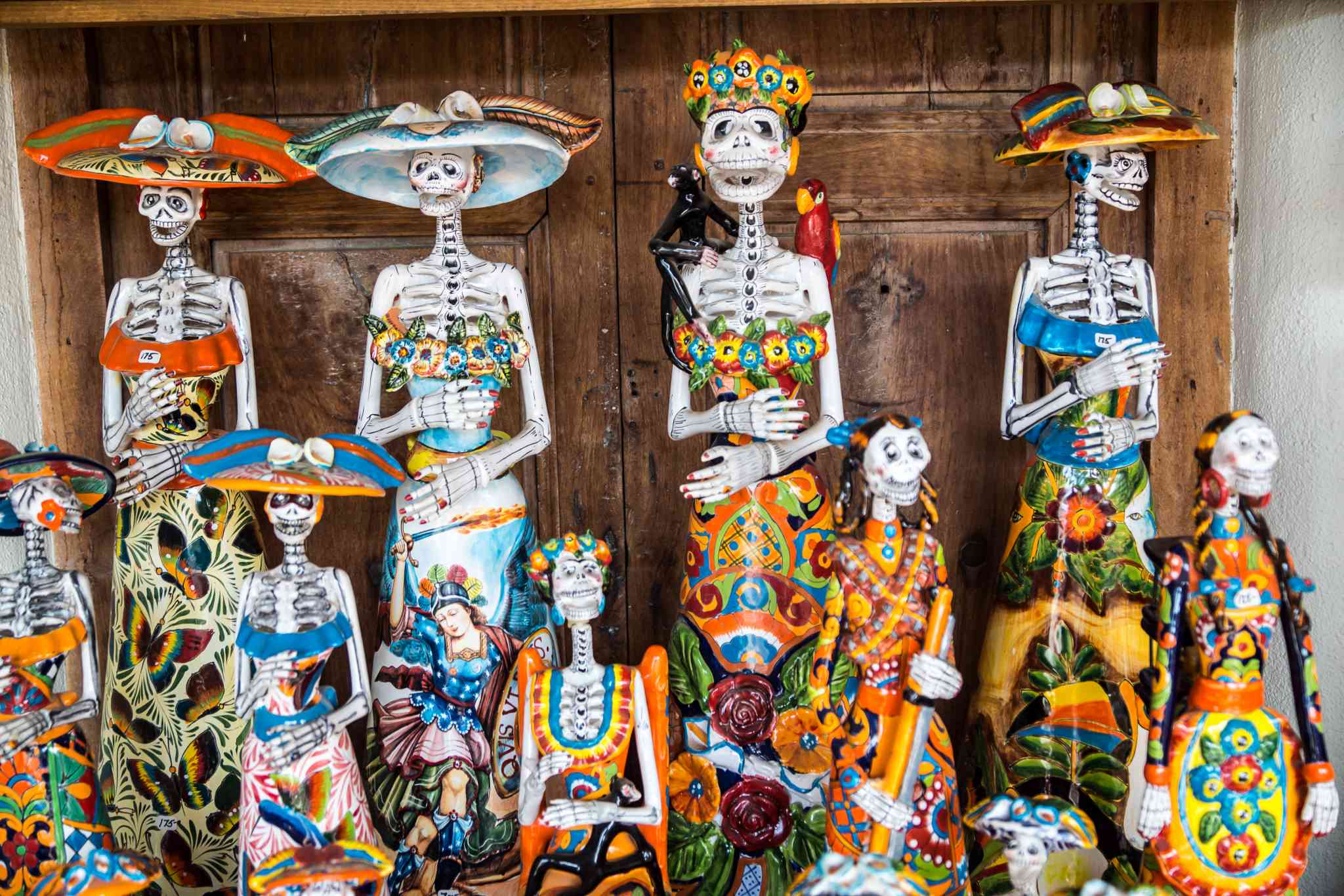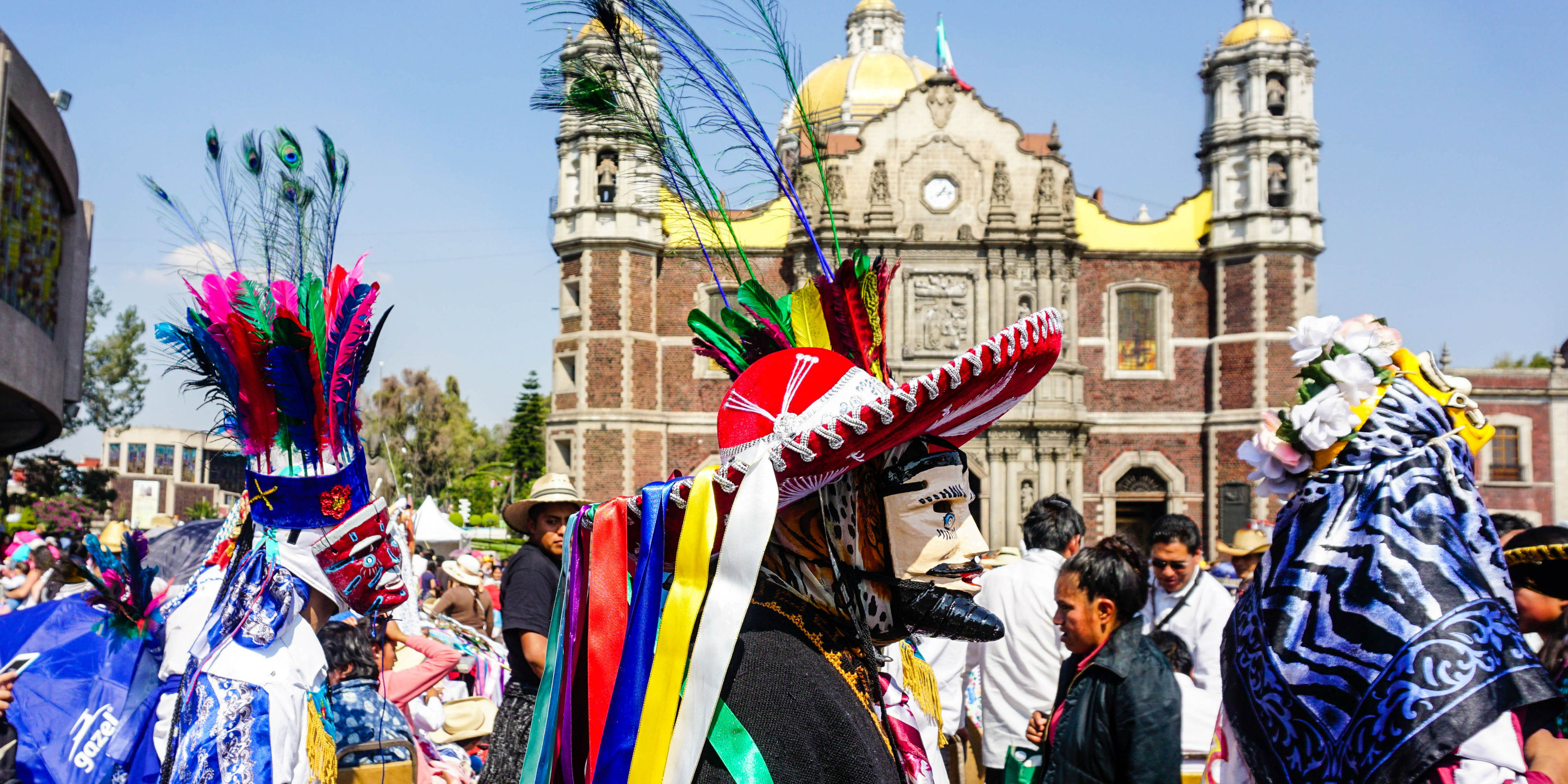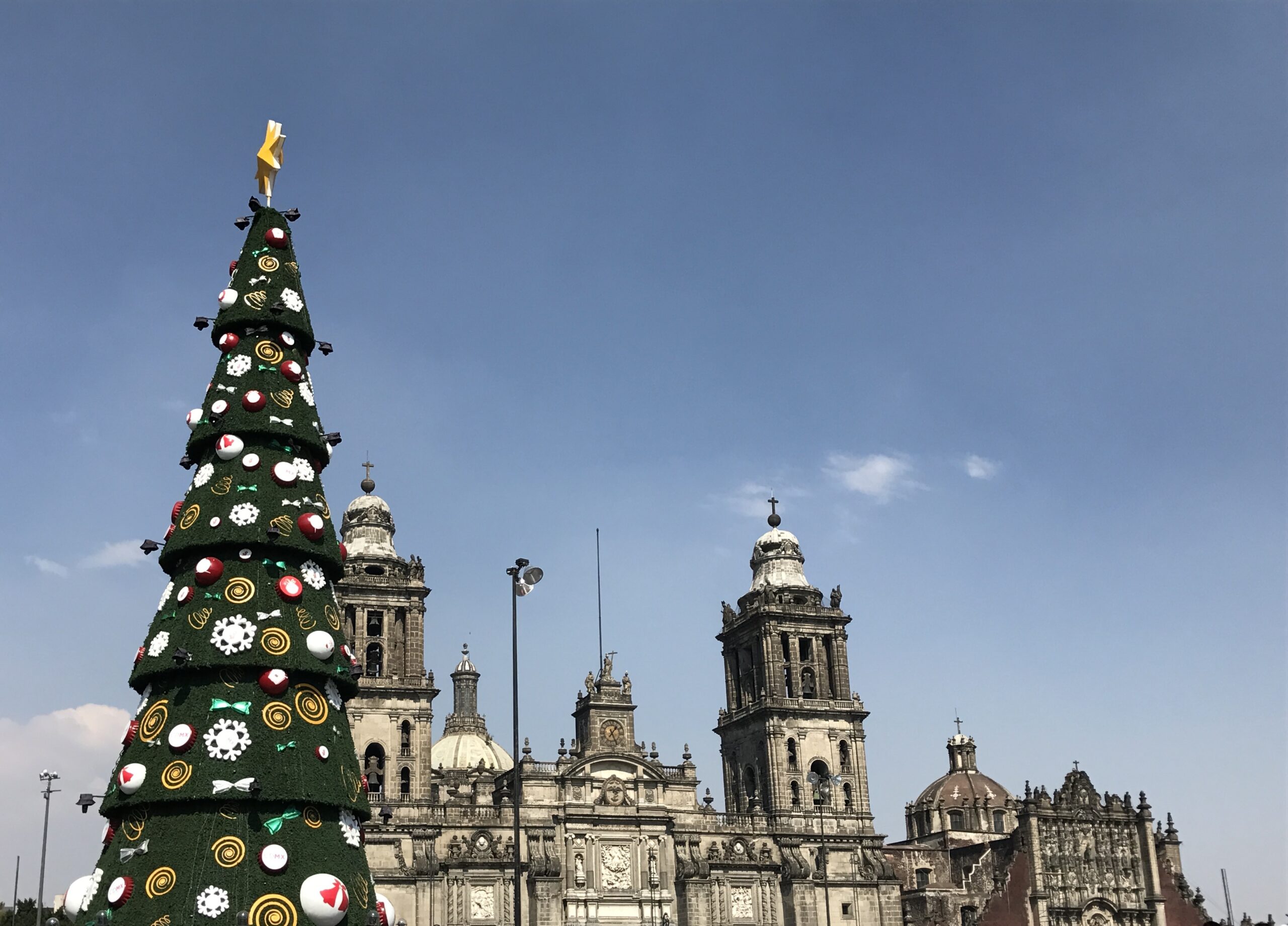Mexico's January 31st Holiday: A Guide To History, Traditions, And Activities
Mexico's January 31st Holiday: A Guide To History, Traditions, And Activities.
This special guide was created after our team spent countless hours analyzing and digging through data to give you the most up-to-date information. Our goal is to provide you with all the information you need to make informed decisions about celebrating this holiday.
FAQ
This FAQ section provides comprehensive answers to frequently asked questions about Mexico's January 31st Holiday. Learn about its historical significance, traditional practices, and popular activities associated with this important commemoration.
Question 1: What is the historical basis for the January 31st Holiday in Mexico?
The holiday commemorates the anniversary of the signing of the Treaty of Guadalupe Hidalgo in 1848, which officially ended the Mexican-American War. The treaty established the current border between the United States and Mexico and defined the territory that Mexico ceded to the United States in exchange for $15 million.
Question 2: How is the holiday typically observed in Mexico?
The holiday is celebrated with parades, speeches, and other patriotic displays. Schools and government offices are closed, and many people take the day off to spend time with family and friends. In some towns and cities, there are also fireworks displays and live music performances.

Traditions and Customs of Día de los Muertos - Source www.aesu.com
Question 3: What is the significance of the Mexican flag in relation to the holiday?
The Mexican flag is a symbol of national pride and unity. It is often displayed prominently during the January 31st Holiday. The flag's green stripe represents hope, the white stripe represents purity, and the red stripe represents the blood of those who fought for Mexico's independence.
Question 4: Are there any specific traditional foods associated with the holiday?
Yes, some traditional foods associated with the holiday include:
- Pozole: A hominy-based soup often served with pork, chicken, or vegetables
- Tamales: Cornmeal dough filled with meat, cheese, or vegetables, wrapped in corn husks and steamed
- Churros: Fried dough pastries, often served with chocolate or cajeta (a caramel sauce)
Question 5: What activities are popular during the January 31st Holiday?
Popular activities during the holiday include:
- Visiting historical sites
- Attending parades and other patriotic events
- Spending time with family and friends
- Enjoying traditional foods and beverages
Question 6: What is the overall message or sentiment associated with the January 31st Holiday?
The overall message or sentiment associated with the holiday is one of national pride and unity. It is a day to reflect on Mexico's history and the sacrifices that its people have made for their country.
Tips
To gain a deeper understanding of the history, traditions, and activities associated with Mexico's January 31st holiday, consider the following tips.
Tip 1: Learn about the historical significance of the day.
Research the historical events that led to the establishment of Constitution Day, such as the signing of the 1857 and 1917 constitutions.
Tip 2: Participate in parades and civic events.
Attend parades that showcase the country's military and cultural heritage, and participate in civic ceremonies that honor the day.
Tip 3: Visit historical landmarks and museums.
Explore museums and historical sites dedicated to the history of the Mexican constitution, such as the National Museum of History or the Constitution Museum in Mexico City.
Tip 4: Read the Mexican Constitution.
Gain a firsthand understanding of the principles and rights enshrined in the Mexican Constitution by reading the full text.
Tip 5: Participate in cultural performances.
Attend traditional dances, music, and theater performances that celebrate the day, showcasing the richness of Mexican culture.
Through these tips, you can immerse yourself in the traditions and festivities that honor Constitution Day in Mexico, gaining insights into its historical significance and cultural impact.
Mexico's January 31st Holiday: A Guide To History, Traditions, And Activities provides additional details and resources for a more comprehensive understanding of this important day.
Mexico's January 31st Holiday: A Guide To History, Traditions, And Activities
Mexico's January 31st holiday, known as "Dia de San Carlos," is steeped in history and rich traditions. This guide explores six essential aspects of the holiday, delving into its significance, cultural practices, and popular activities.

How Christmas is celebrated in Mexico | GVI USA - Source www.gviusa.com
- History and Origins: Traces the holiday's historical roots and its connection to Saint Charles.
- Cultural Significance: Explores the holiday's place within Mexican culture and its representation of religious beliefs.
- Traditions and Rituals: Describes the unique customs and practices observed during the holiday, including religious processions.
- Popular Activities: Outlines the various activities people engage in, such as attending festivals and participating in games.
- Regional Celebrations: Highlights the diverse ways the holiday is celebrated in different parts of Mexico, showcasing regional variations.
- Contemporary Adaptations: Examines how the holiday has evolved over time, incorporating modern elements while preserving traditions.
The essence of Dia de San Carlos lies in the harmonious blend of history, tradition, and contemporary influences. It serves as a testament to Mexico's cultural heritage, fostering a sense of community and providing an opportunity for reflection and celebration.

Christmas Traditions in Mexico - Discover Baja Travel Club - Source www.discoverbaja.com
Mexico's January 31st Holiday: A Guide To History, Traditions, And Activities
The date holds great significance in Mexican history and culture. It commemorates the 1917 Constitution, a landmark document that established the framework for modern Mexico. The Constitution enshrined a number of important principles, including social justice, labor rights, and land reform. It also established the separation of church and state, a principle that has been a source of tension in Mexican society throughout its history.
/christmas-in-mexico-503067706-5853013a3df78ce2c341c17c.jpg)
Mexican Christmas Traditions - Source www.tripsavvy.com
Today, Constitution Day is a national holiday in Mexico. It is a day for Mexicans to reflect on their history and their country's progress. It is also a day for celebration, with parades, parties, and other festivities taking place throughout the country.
The Constitution of 1917 is a complex and multifaceted document. It has been amended many times over the years, but its core principles remain the foundation of Mexican society. The Constitution is a testament to the Mexican people's struggle for justice and equality, and it continues to inspire them today.
Conclusion
The Constitution of 1917 is a landmark document in Mexican history. It established the framework for modern Mexico and enshrined a number of important principles, including social justice, labor rights, and land reform. Today, Constitution Day is a national holiday in Mexico, and it is a day for Mexicans to reflect on their history and their country's progress.
The Constitution of 1917 is a living document that continues to evolve and adapt to the changing needs of Mexican society. It is a testament to the Mexican people's commitment to democracy and social justice.
| Date | Event | Significance |
|---|---|---|
| February 5, 1917 | Promulgation of the Constitution of 1917 | Established the framework for modern Mexico and enshrined a number of important principles, including social justice, labor rights, and land reform. |
| January 31, 1918 | First celebration of Constitution Day | Became a national holiday in Mexico. |
| Present | Constitution Day is celebrated annually on January 31st. | Mexicans reflect on their history and their country's progress, with parades, parties, and other festivities taking place throughout the country. |
Empowering Women: Lauren Handy's Journey Of Advocacy And Empowerment, Dara Huang: Renowned Expert In Artificial Intelligence And Machine Learning, Grand Slam Glory: A Chronicle Of The Elite Conquerors, Unveil Your Fortune: Discover The Excitement Of Thelott, Joaquin Garcia: Award-Winning Journalist And Advocate For Social Justice, Discover Monterrey: A Vibrant Metropolis In The Heart Of Northern Mexico, SEO-Optimized Title: Mastering Digital Marketing With Tomas Nasif: Expert Tips And Strategies For Success, Real Sociedad And PAOK Clash In Europa League Battle, Baradou Vs. Belouizdad: Algerian Cup Semi-Finals Preview, PSG Vs. Reims: Ligue 1 Matchup Preview And Analysis,